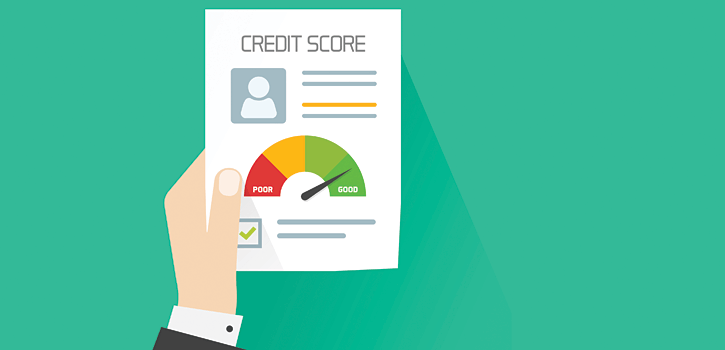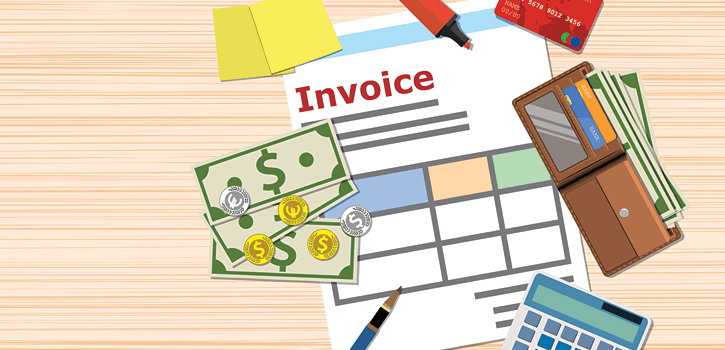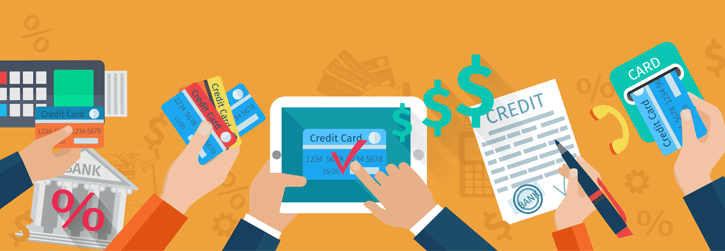Here are five prime examples of credit myths you shouldn’t fall for.
Myth #1: Checking your credit hurts your credit score.
Checking your own credit NEVER hurts your score. A self-check is a “soft inquiry” and does not impact your credit. Other types of credit checks are also harmless. When you receive a pre-screened credit card offer in the mail, that’s the result of a soft inquiry. When an employer checks your credit, also a soft inquiry.
Myth #2: Credit reports and scores are the same thing.

Your credit report is a record of your credit accounts. The major consumer credit reporting agencies are Experian, Transunion, and Equifax, but they are not the only companies that maintain a file on you. The reports differ slightly in appearance, but all of them include your identifying information, a list of your credit accounts, any collection accounts you have, public records like bankruptcies and liens, and any inquiries that have been made into your credit.
Your credit score is a 3-digit number that represents how likely you are to repay your debts, based on a complex algorithm that evaluates your relationship with credit over time.
Your credit score is not included on your credit report.
Myth #3: No credit cards = the best credit score possible.
Unless you use credit, the scoring agencies have no basis for calculating a credit score.
Some alternative credit scores are calculated for people with limited history with credit products. Those scores examine the consumer’s history with utility bills, cell phone bills, rent payments and so on.
But a top score is only available for consumers who have had and used credit products. A cash-only lifestyle is great for the budget, but not for your credit score.
Myth #4: Only some unpaid bills show up on a credit report.

Unfortunately, some bills don’t help you build credit even when you pay on time every month. Cell phones, utilities, rent and medical bills usually fall into that category. Let that account go delinquent, however, and it’s a different story.
Even if a creditor doesn’t report your delinquent account directly, if your account is turned over to a collection agency you can bet it’ll show up on your credit report. The threat of bad credit is one way they try to motivate you to pay up.
Myth #5: Paying off debt cleans up a credit report automatically.
While it’s a great strategy to pay debt off and take care of those unpaid bills, don’t assume that settling up those unpaid bills will automatically clean up your credit history. Your credit report shows positive and negative accounts, including collection accounts, discharges, late payments and bankruptcies some of which can be on your report for up to ten years.
That said, some collection agencies openly advertise that they will stop reporting a collection account once it’s paid off. If the account holder doesn’t report an account, it will not show up on your credit report.
Watch your credit report if you’re cleaning it up, and for that matter, even if it’s already in great shape. It’s up to you to make sure your credit report accurately reflects your details and remains error free.





















